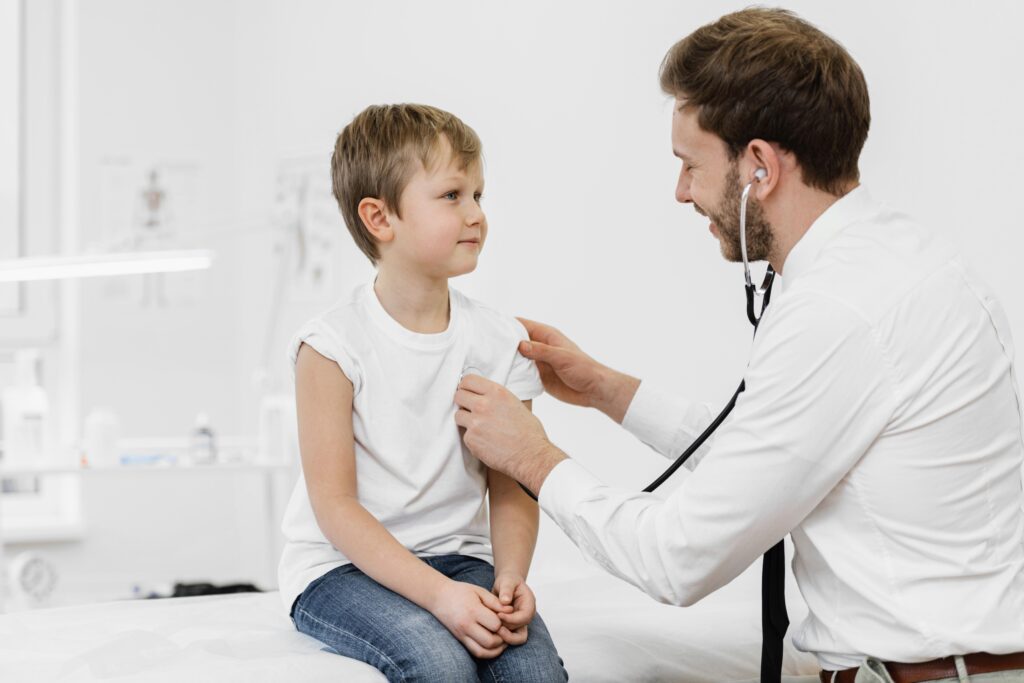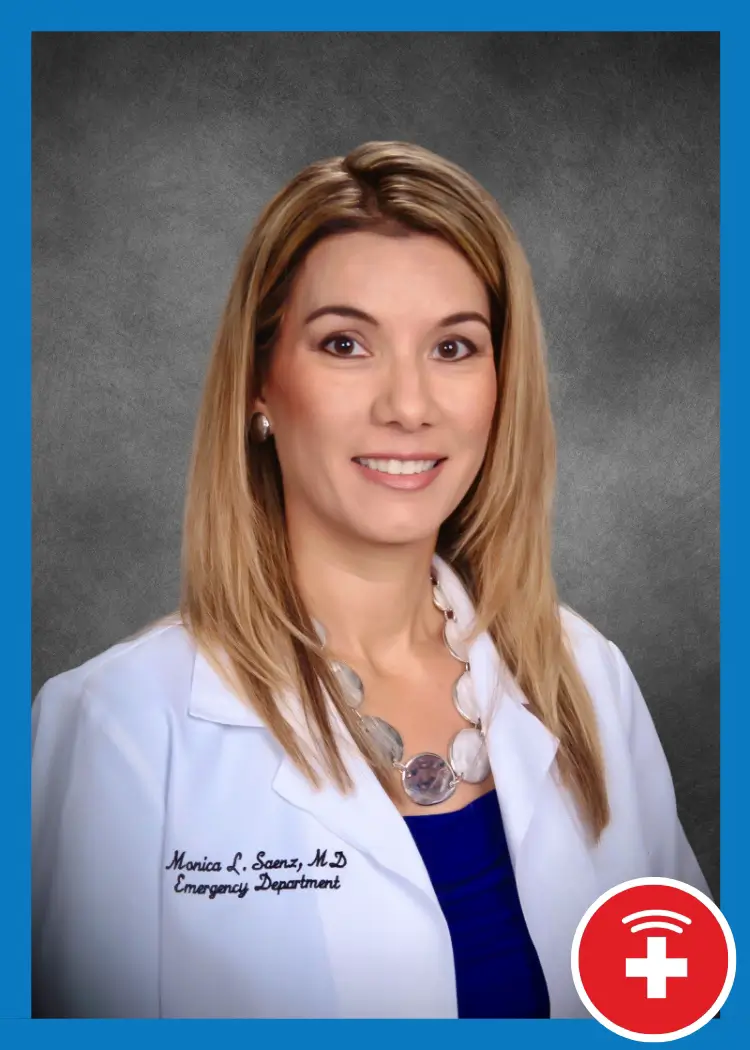What to Expect at Your Child’s School Physical

Key Takeaways:
- School physicals ensure your child is healthy, safe, and ready for school activities and sports, while helping detect potential health issues early.
- Younger kids focus on growth and immunizations, while older kids focus on sports readiness and adolescent health.
- DOC-AID Urgent Care offers thorough, stress-free school physicals, plus ongoing health management and additional medical services in one location
Before your child heads back to class or starts a new sports season, you might be asked to bring them in for a school physical. This isn’t just another item on the to-do list. It’s a valuable checkup that helps make sure your child is healthy, ready for school activities, and able to participate safely in sports or physical education. It’s also an opportunity to catch any potential health concerns early, when they’re easier to manage.
What’s Usually Included in a School Physical
1. Health History Review
The visit often begins with a conversation about your child’s health background. Your provider will ask about:
- Past surgeries or hospital stays
- Old or recurring injuries
- Chronic or past illnesses like asthma, allergies, or diabetes
- Family history of serious illnesses
- Any medications your child currently takes
- Symptoms during school physical activity, such as dizziness, chest pain, or shortness of breath
Answering these questions honestly is important for your child’s safety at school or in sports. If your child is old enough, involve them in filling out the form so they learn about their health history.
2. Physical Examination
Next, your provider will check your child’s overall health, which usually includes:
- Measuring height, weight, pulse, and blood pressure
- Vision and hearing checks
- Examining the heart, lungs, skin, abdomen, nose, mouth, teeth, and throat
- Screening for conditions like scoliosis or hernias
- Checking developmental progress compared to age
- Assessing motor skills, coordination, and reflexes
These exams make sure your child is healthy and prepared for school and any activities they’ll be participating in.
3. Laboratory Tests (When Needed)
Not every school physical includes lab work, but your provider may recommend it if your child has symptoms or ongoing health conditions. Possible tests may include:
- Complete blood count (CBC) to look at overall blood health
- Chemistry panel to check the liver, kidneys, and other organ functions
- Thyroid function tests
- Diabetes screening
4. Immunizations
A school physical is also an excellent opportunity to check that your child’s vaccinations are up to date. Most states require certain shots before a child can attend school. In Texas, for example, children entering kindergarten need proof of specific immunizations. Schools typically require documentation within 30 days of enrollment.
What to Expect at Different Ages
Preschool & Elementary School
At these stages, the focus is on ensuring healthy growth, development, and up-to-date vaccinations.
Middle & High School
In addition to growth checks, doctors will look closely at your child’s readiness for sports and discuss the changes that come with adolescence. This can be a good time for your child to ask health-related questions they may feel shy bringing up elsewhere.
Making the Most of Your Child’s School Physical
Think of the school physical as more than a requirement—it’s also a chance for your child to build a relationship with their healthcare provider, ask questions, and get personalized health advice. Bringing a list of any concerns, changes you’ve noticed, or questions you’ve had can make the visit even more helpful.
At DOC-AID Urgent Care, we pride ourselves on providing friendly, thorough, and stress-free school physicals for children of all ages. Led by Dr. Monica Saenz, MD, our team ensures every exam is done with care and attention to detail. We also help you manage ongoing health conditions, provide diagnostic testing, offer wellness checkups, and perform minor procedures, all in one convenient place.
Let’s work together to make sure your child starts the school year happy, healthy, and ready to succeed.


